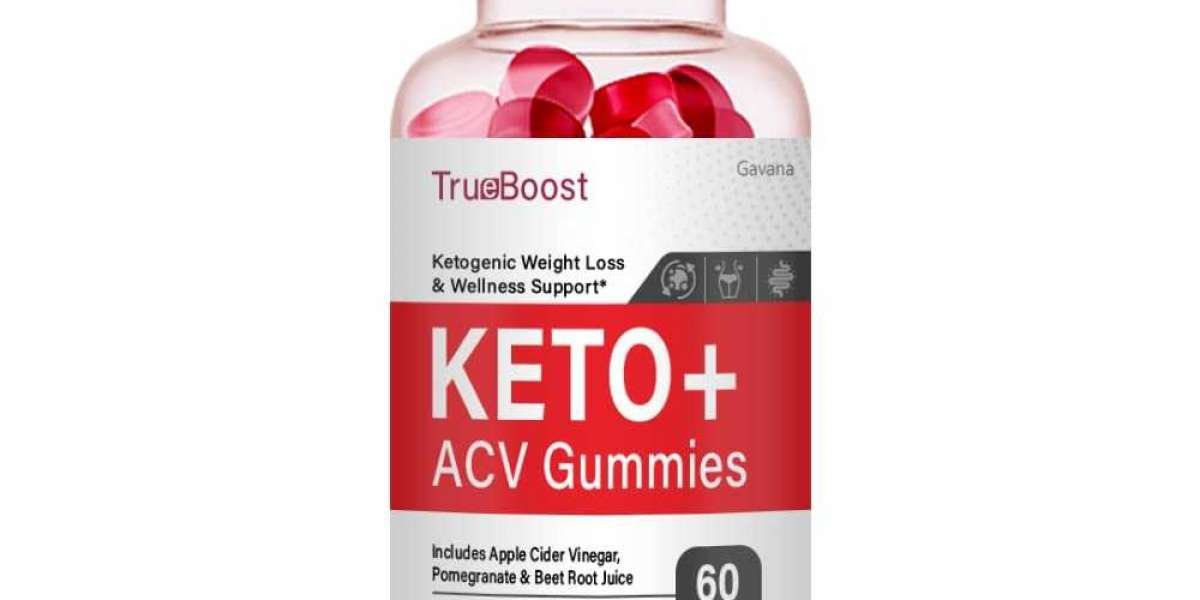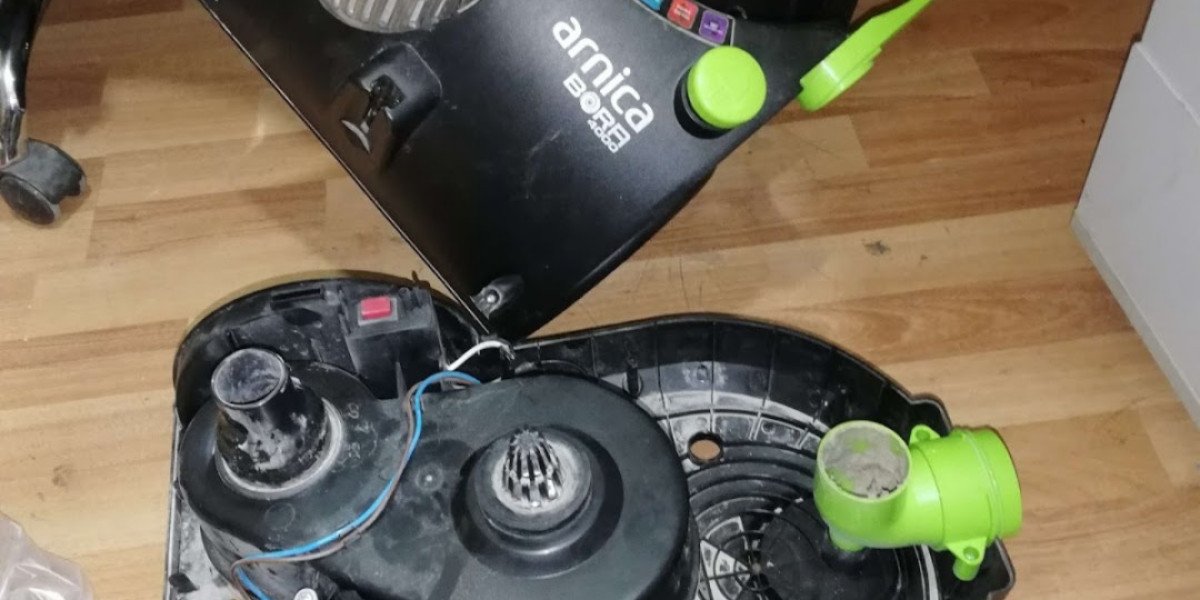For decades, the European Union and the United States have adopted the same "risk-based" regulatory approach, which has placed the burden on government officials to prove that chemical pose an unreasonable health risk before they can be restricted. The process can take years, and evidence of public harm continues to mount.
In 2007, the European Union switched to a more "hazard-based" approach, which puts the burden on chemical companies to prove the safety of their products when there is evidence that a chemical may cause serious harm such as cancer or reproductive damage. The new system, known as REACH (Registration, Evaluation, Authorization, and Restriction of Chemicals), initially required the registration of every chemical imported or produced more than one metric ton per year. Under the "no data, no market" policy, companies will be required to submit toxicological studies of these chemical. If these studies or other scientific studies show that a chemical can seriously harm human health, then it can be prioritized for regulation.
Some experts say REACH is not perfect and that companies have ways to subvert science or mislead regulators. For example, because the EU received a large amount of information about thousands of chemical, companies were able to submit inappropriate data or conduct inadequate tests for some time without noticing their actions.
ECHEMI --- The name originated from the abbreviation of “E-commerce of chemical”.
ECHEMI is a chemical supply chain service company headquartered in Hong Kong, providing chemical raw materials supply, research and analysis marketing, distribution, logistics, e-commerce, and after-sales services.








